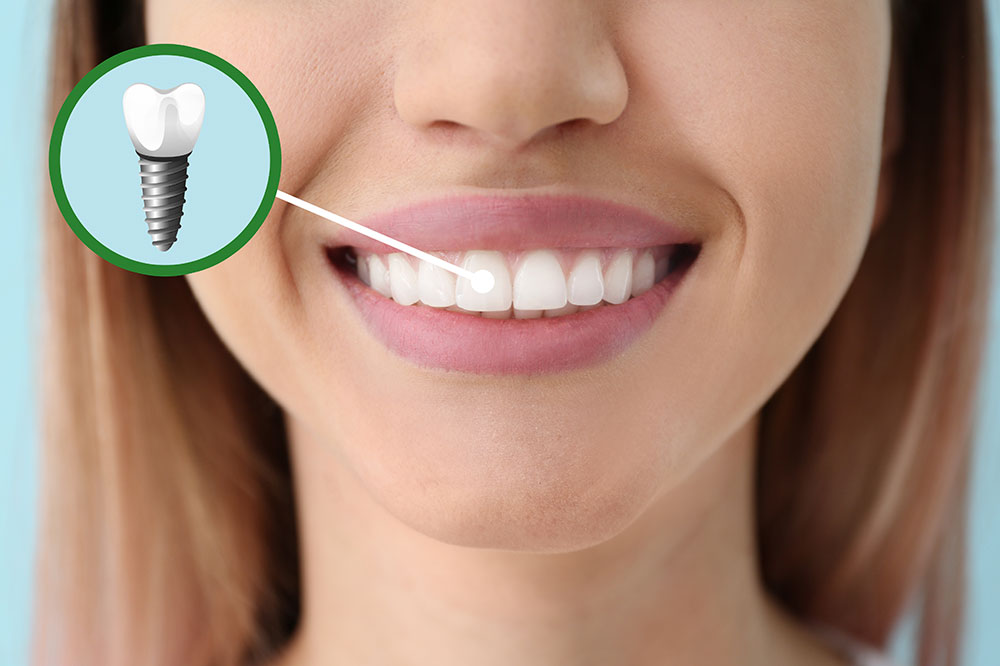Dry Eyes – Symptoms and Home Remedies

Dry eyes is a common health condition that occurs when the eyes do not produce sufficient tears. It could result from hormonal changes, certain autoimmune diseases, or other factors. Whatever the cause, you can follow a due course of treatment with the advice of an eye doctor to manage the problem. Here are a few common symptoms that help identify dry eyes and simple home remedies to treat the same.
Signs and symptoms
The following are four signs of the condition:
Changes in the eyes
When affected by the disorder, you may notice slight changes in the eye. For instance, the surface may turn red, and the eyelid may look inflamed. This will likely be accompanied by pain, itching, or a burning sensation. You may also feel like a particle of sand is stuck in your eyelid, which you cannot remove. Since the symptoms can overlap with other eye-related diseases, visiting a doctor for an accurate diagnosis can help get treatment early.
Excess formation of tears
While the term “dry eyes” seems to imply that the eyes are dry, excess tears could be a sign of the ailment. When the eyes do not produce sufficient tears and irritate, the brain sends signals to make more tears as a response. Reduced tear production is a common condition that affects women during menopause.
Burning sensation and redness
Those with dry eyes often have this nagging feeling that something is in their eyes. Your eyes feel stingy, and the irritation could increase in certain situations, such as when riding a bike, traveling in an airplane, staring at your computer screen, or being exposed to the wind. Although you might have a strong urge to rub your eyes, avoid doing so, as it could worsen the symptoms.
Increased eye sensitivity
Increased sensitivity to light is a common symptom of dry eyes. It is usually mild and develops gradually. The surface of dry eyes does not scatter light regularly, and as a result, you may also develop blurred or double vision, making it difficult to perform daily tasks. An increase in sensitivity to light could also lead to eye fatigue, where the eyes generally feel heavy after reading for some time.
These are only a few signs of the ailment to look out for. A string or film of mucus around the eyes is also an indicator that should not be ignored.
Home remedies
The following remedies help manage the condition at home:
Using a warm or cold compress
Placing a warm or cold compress over the eyes can relieve irritation and scratchiness. You can switch between warm and cool as needed. The heat from the warm compress can help alleviate the inflammation, if any, and catalyze the meibomian gland to secrete more tears. On the other hand, a cold compress may relieve pain, swelling, and other discomforts.
Getting sufficient sleep
Resting the eyes and reducing screen time is necessary when suffering from this disorder. Sleep can help reduce inflammation if the problem is due to an autoimmune disease. Closing the eyes for a prolonged time also reduces strain. Try using a humidifier in the bedroom if your dry eyes are a hurdle to getting a good night’s sleep.
Using a humidifier
A humidifier will help control the humidity in your room. If dry eyes are caused due to extended computer usage, keep the humidifier turned on the entire time you use the computer. The machine lessens the rate at which tears evaporate from the eyes by retaining the moisture in the atmosphere. It can also help with other health issues like sinus congestion and dry throat. Do not forget to factor in your budget and the room size before choosing a humidifier.
Choosing omega-3-rich foods
Incorporating omega-3 fatty acids into the food plan can relieve some symptoms. Research shows that this nutrient reduces the risk of dry eyes, improves tear quality, and nourishes the eyes. Doctors may recommend fatty fish like salmon, mackerel, and herring as these are the best sources of omega-3. They also have anti-inflammatory properties that benefit overall health.
Staying hydrated
Asking dry eye patients to drink more water might seem obvious. All body parts require adequate amounts of water to perform efficiently, including the eyes. Water ensures the eyes are moist. Aim for at least eight to ten glasses daily and eat water-rich foods like cucumber and watermelon. At the same time, avoid caffeinated beverages like tea and coffee.
Wearing sunglasses
As mentioned, people with dry eyes are sensitive to wind and light, and exposure to these can worsen the condition. So, wear sunglasses to protect your eyes when outdoors. They protect the eyes from UV damage and other environmental triggers and ensure tears do not evaporate rapidly. Some models are specially designed with a foam insert that acts as a barrier from the wind. Shatterproof glasses keep pollen and dust away.
Eyelid massages
Massaging the lower and upper eyelids in a circular motion can release the oils from the glands and provide relief. After the massage, use a cleaning solution to eliminate oil residue from the lids. Ideally, you should massage the eyelids after keeping a warm compress, as the heat would help loosen the glands.
Visit a doctor immediately if you experience dry eye symptoms so that treatment can be started before the condition worsens. The home remedies listed here have proven effective for many. But if the symptoms are severe and make it hard to perform easy day-to-day activities, a specialist may recommend an eye exam and a few other tests before suggesting specific treatments. To prevent hassle, the best thing to do is prevent dry eyes by following general hygiene of the eyes and a healthy lifestyle.






